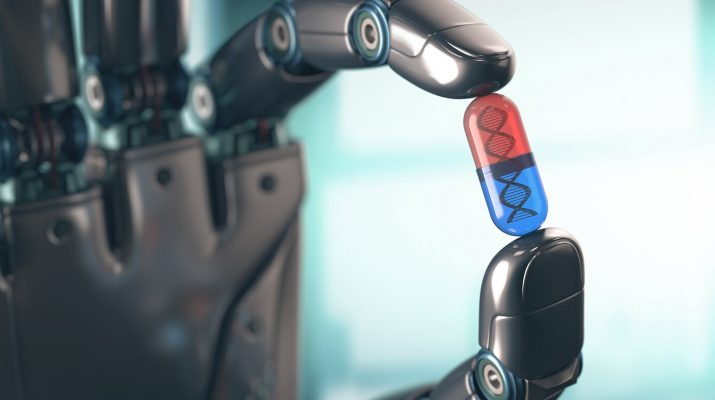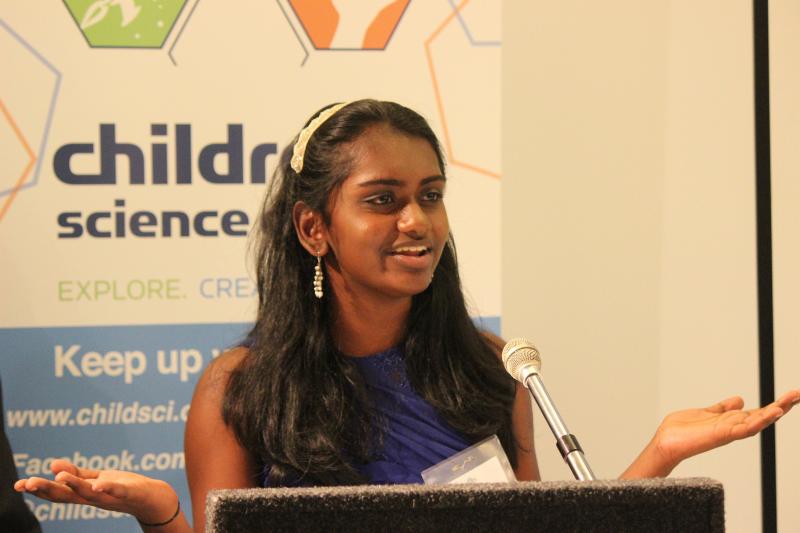After IBM’s Watson won on Jeopardy, the question was bound to come up: Will artificial intelligence replace doctors? Dr.Robert M. Wachter, MD, Chief of the Division of Hospital Medicine and Chair, Department of Medicine, at University of California, San Francisco, and author of New York Times bestseller The Digital Doctor, is answering this question at The Doctors Company’s 2016 Executive Advisory Board.
“The question comes up all the time whether artificial intelligence will replace physicians. How could that question not come up after you watched Watson beat the Jeopardy champions or see driverless cars.
My own sense is that artificial intelligence will augment the work of doctors particularly in the next 5-10 years.
I think the examples here are me seeing a patient putting down the chief complain and a few key findings and I think we will have computer systems that say here are four or five potential diagnoses.
I think that’ll be very helpful so I think it’ll be much more supportive than replacement at least in the next 10 or 15 years.
The fields that I do think may be at risk of replacement not in five years but may be in 15.
Our fields that are relying visual pattern recognition like radiology pathology and dermatology but for the vast majority of physicians.
I think artificial intelligence will be helpful but won’t put us out of jobs.”




There can be no doubt that many doctor functions we use today can be replaced by machines immediately plus technicians who perform the tests.
What can’t yet be replaced is the trained observation of the patient’s overall condition and the experienced opinion needed to guide a wise choice of diagnostic test and treatment which eliminates some conditions before a final decision on what illness the patient has can be determined.
Sure, a brute force method can be used, but that’s totally wasteful of limited medical resources. It’s easy to say, “Test for everything, then look up the results in a table.” In practice however, searching every route in a maze is less efficient than making an educated evaluation of likely routes then eliminating them first.
When an AI can make detailed observations of a patient, then it may well be able to perform this essential winnowing of possible illnesses based upon such nuances.